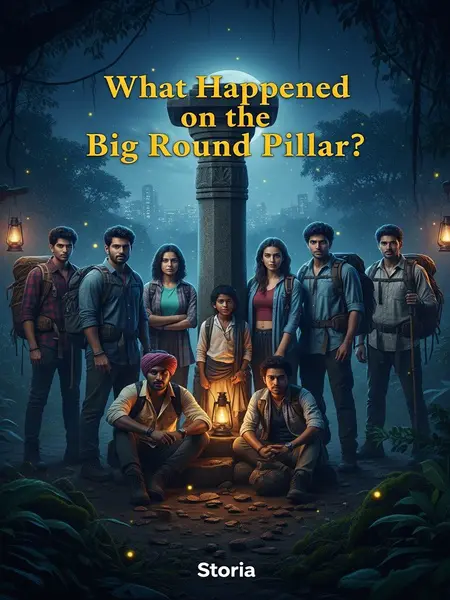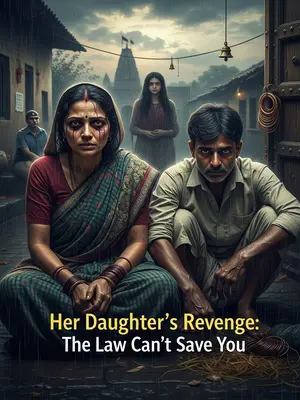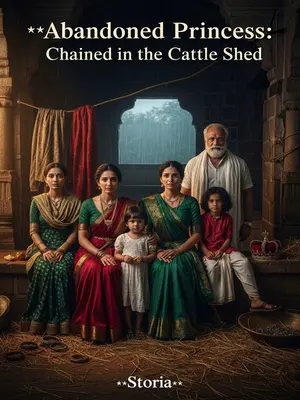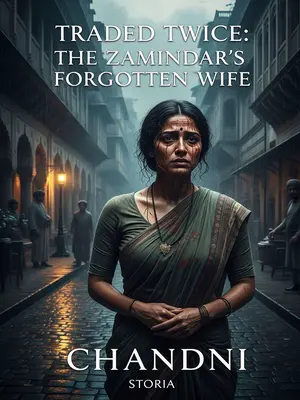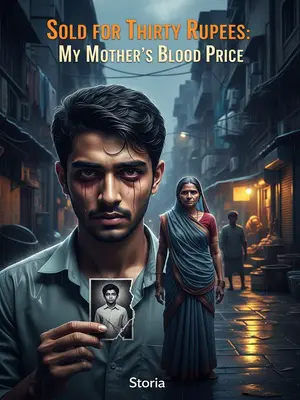Chapter 3: Campfire at Champa Rock
Our first night, we camped at Champa Rock.
A gentle mist rose as we reached Champa Rock, the trees whispering old secrets. The ground was cool underfoot, and the faint scent of wild champa flowers drifted on the breeze, mixing with the smell of damp earth. The women took off their shoes, letting their toes sink into the grass, while the men stretched and cracked their backs, city aches meeting hill fatigue.
Champa Rock sits halfway up a cliffside hill. The terrain is truly unique—a flat-topped boulder jutting out from the hillside like a giant champa flower, forming a natural balcony. From Champa Rock, you get a panoramic view: sunrise in the east, sunset in the west, and a full 180-degree sweep to the south, bathed in sunlight, with lush grass and ancient banyan trees.
That evening, the city’s noise seemed to fade, replaced by the music of cicadas and the distant, hopeful hoot of an owl. Everyone gathered at the edge, some posing for photos, others just staring at the sky turning orange and pink. Even the air felt different—thicker with promise, scented with anticipation. Somewhere, a distant temple bell chimed, as if blessing the night ahead.
But what really takes your breath away is the cliff’s edge. At first glance, it looks like a thousand-foot drop—a balcony in the clouds. Only when you get closer do you see there’s another ledge three or four metres below. Even if you fell, you’d be fine.
Still, the city people gasped, clutching each other, as if flirting with danger itself. Someone tossed a stone, watching it bounce onto the secret ledge below—a nervous laugh echoing off the rock. The thrill was half-real, half-imagined, but the feeling of being suspended between earth and sky was intoxicating.
Because of these natural perks, Champa Rock is always our first stop on every route.
It was almost tradition—first timers were welcomed with stories, old-timers pointed out imaginary landmarks. In the village, they say if you make a wish on your first night at Champa Rock, it might come true—provided you’re not too greedy. So that evening, under the open sky, wishes mingled with the smell of frying onions and the distant barking of a dog.
As the sun set and night fell, everyone was in high spirits, gathering to chat. Someone passed around Old Monk in a steel cup, while another fished out Haldiram’s bhujia from a crinkly packet. The fire popped, sending up sparks like Diwali phuljhadis. The men boasted, the women laughed and flattered, and they all drank, toasting each other with Old Monk and competing to see who could be the funniest or the most flirtatious.
Glasses clinked, someone sang an old Bollywood song off-key, and for a moment, all differences disappeared—age, status, city or village. Even the shyest ones found themselves drawn into the circle, stories rolling out like monsoon rivers. The fire crackled, and the darkness pressed in closer, bringing people together.
My cousin and I never joined in.
We sat a little apart, legs folded, sipping chai from steel tumblers, the Old Monk left untouched. My cousin flicked an ant off his knee, eyes scanning the shadows. We kept to ourselves, perched just out of the firelight, sharing silent glances and dry jokes. Sometimes, he’d nudge me, whispering who was likely to ask for extra blankets, who would need help crossing the river in the morning. It was our way—a little apart, a little wary.
